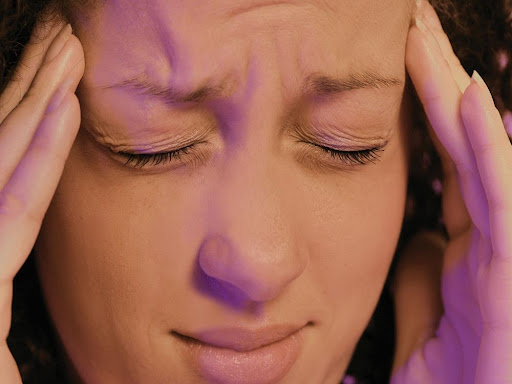Sudden-onset headaches arrive suddenly, typically with intense, severe pain that peaks within seconds or minutes. These headaches may signal a significant health concern, so prompt steps are necessary to handle the situation effectively. Here are some tips to help manage headache symptoms and minimize discomfort until help arrives:
What Actions Should I Take?
If a sudden-onset or thunderclap headache occurs, seeking immediate medical attention is the top priority. Since this type of headache could indicate a potentially serious underlying condition, such as a brain bleed or aneurysm, professional care is absolutely required without delay. Onset details, such as the exact time the headache started and any associated symptoms, should be clearly communicated to the medical team.
While waiting for professional help, limit physical activity. Overexertion or sudden movements can exacerbate the pain. Remaining calm and avoiding any unnecessary strain supports overall well-being during the episode.
How Do I Create Comfort?
Finding relief begins with creating a calm environment. Lying down in a quiet, dimly lit room reduces sensory input, which may help ease the intensity of the headache. Bright lights, loud noises, and strong smells are typical triggers that exacerbate the discomfort. Blocking these out promotes a sense of relief.
Using breathing techniques during this time helps to maintain a steady state of mind. Slowly inhaling and exhaling encourages relaxation, allowing you to remain composed. While these actions might not reduce the headache itself, they contribute to minimizing external stress.
What Details Do I Share?
Accurately describing symptoms to medical professionals is highly beneficial in aiding their assessment. Details such as the exact onset time of the headache, its severity, location, and any accompanying symptoms, such as nausea or vision changes, should be shared. Whether there is a history of such headaches or any recent head injury might also be relevant.
Should My Movements Be Limited?
Yes, movements should be kept to a minimum. Small, strenuous activities can increase the severity of a thunderclap headache. Simple motions, such as getting up from a chair or turning your head sharply, might intensify the pain. Resting in a comfortable position prevents the aggravation of symptoms.
Additionally, staying hydrated without overly exerting effort is a step that doesn’t increase strain. Although not a cure, hydration supports overall function until help becomes available. Avoid caffeinated drinks, as they might contribute to secondary issues such as dehydration or increased blood pressure.
Should I Get Long-term Support?
If thunderclap headaches recur, further medical evaluation is certainly warranted. Regular check-ups with healthcare specialists help identify and address potential causes. Consistent tracking of symptoms and timelines is another helpful step. Maintaining a headache journal allows healthcare teams to identify patterns and triggers.
Certain lifestyle adjustments reduce the risk of other conditions that may trigger these headaches. Balanced diets, regular rest, and stress management support improved outcomes. Incorporating habits focused on long-term wellness helps minimize the likelihood of experiencing additional episodes.
Get Help for a Sudden-onset Headache
Sudden-onset headaches are serious events that demand attention and careful handling. By seeking immediate medical assistance and taking supportive measures, you can contribute to more positive outcomes during these sudden episodes. The guidance outlined above aims to reduce discomfort and promote safe, constructive action while waiting for professional help. Each small decision, from minimizing movement to sharing accurate symptoms, contributes to better care and ultimately to a faster recovery.
- How Acupuncture Can Complement Other Forms of Pain Relief
- Understanding the Emotional and Physical Benefits of a Breast Lift
- Toothache or Infection? How to Tell the Difference and What to Do About It
- Hypertension in Women: Symptoms and Management
- How Orthopedic Specialists Tackle Sports Injuries Effectively









